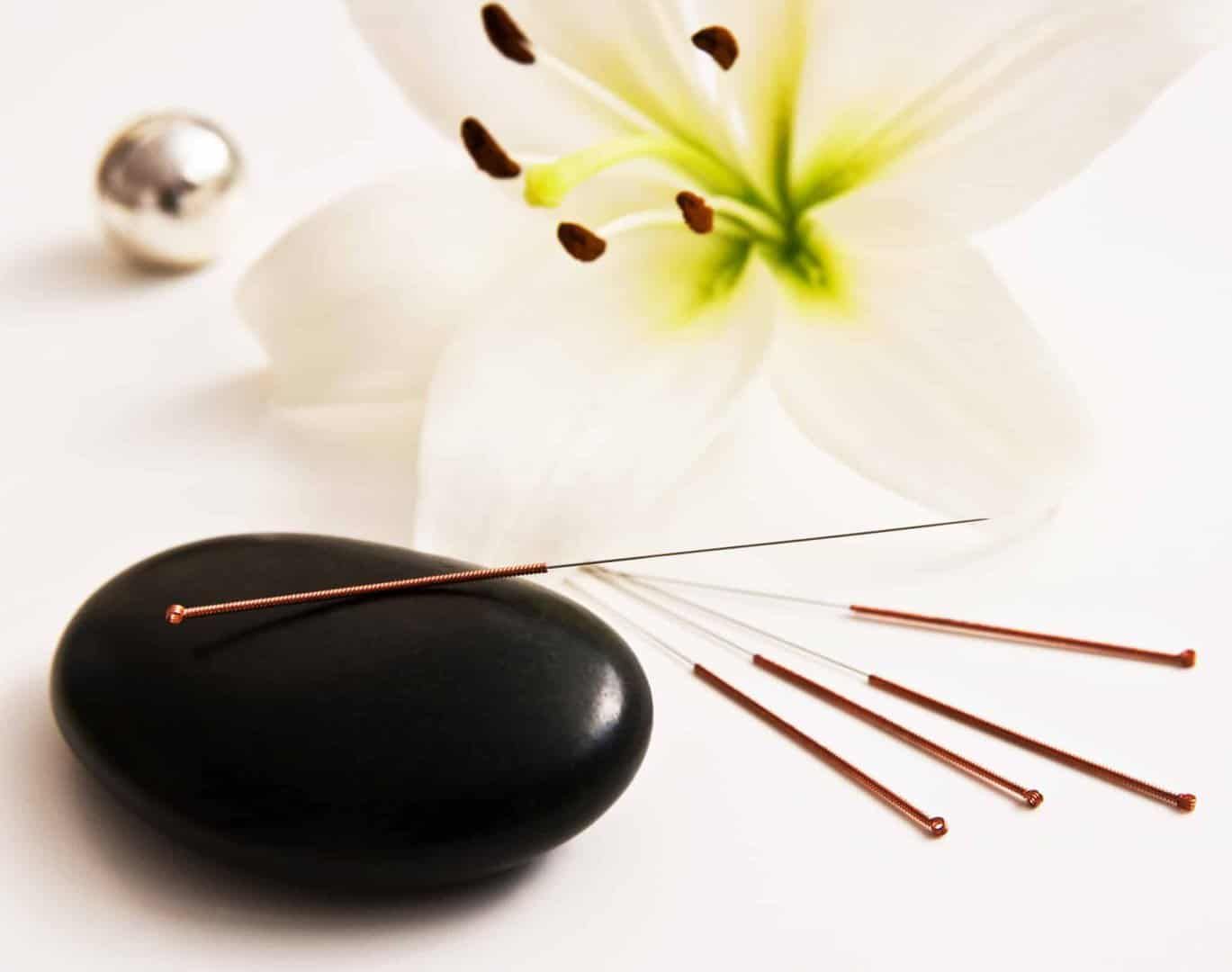The Road to Recovery: Opioid Addiction Treatment

There’s an opioid addiction crisis in America that’s taken almost a million lives since 1999. For each of those lives lost, countless others suffer through addiction.
Opioids are powerful analgesics prescribed by doctors to help patients deal with pain. Unfortunately, many people misuse these drugs or become addicted. No one sets out to become an addict.
You may have heard that treating opioid addiction is almost impossible. It’s a challenge, but opioid addiction treatment is not only possible, it’s a matter of life and death.
Do you or a loved one suffer from opioid addiction? Please keep reading for information about a unique holistic approach to opioid addiction treatment.
Holistic Drug Rehabilitation for Opioid Addiction
 The word holistic refers to “whole,” and holistic drug rehabilitation takes a whole-body approach to opioid addiction. This means treating more than just the symptoms of addiction.
The word holistic refers to “whole,” and holistic drug rehabilitation takes a whole-body approach to opioid addiction. This means treating more than just the symptoms of addiction.
This means treating the whole person – body, mind, and spirit. This is an interconnected approach because a human being is more than the disease of addiction. You can’t get sober without treating all the parts of the addiction.
There are many paths that lead to substance abuse and addiction and most of them start well before a person takes their first pill, hit, or drink. Addiction often stems from trauma, especially early childhood trauma. Many other people find refuge in substance abuse for emotional pain from trauma or abuse.
Genetics also plays a role. Some people take doctor-prescribed opioids and are unable to stop after the prescription runs out.
Whatever the reason for the addiction, a holistic approach is about more than getting sober. The focus is on teaching coping methods that apply to all areas of a person’s life.
It’s important to address all the social, physical, and mental health aspects of the opioid addiction. If these issues aren’t addressed, treatment is less likely to succeed.
How do we begin the process of opioid addiction treatment at Flatirons Recovery? We look at the whole person.
Body, Mind, and Spirit
Opioid addiction also stems from physical pain. It’s important to get to the root of the pain or sobriety won’t last. The pain isn’t always physical, though often the initial opioid use begins because of physical pain.
Sometimes physical pain is a manifestation of psychic pain. The body holds trauma and past traumatic events can appear in the body in different ways.
Science tells us that the body responds to stress in a myriad of ways. Stress contributes to high blood pressure, heart disease, weight gain, and more. People respond in different ways, and many people self-medicate with addictive substances.
At Flatirons Recovery, the patient works on finding the root of his opioid use. Identifying the root cause of the addiction is the first big step in opioid addiction treatment.
Another piece of the holistic opioid addiction treatment approach is through mindfulness.
Mindfulness Training
Mindfulness training teaches an addict how to see themselves and their emotions in a non-judgmental manner. Substance abuse and addiction are often ways of coping with unruly and difficult emotions. Many people with addiction problems also have problems with social skills and communication.
There are a lot of preconceived notions about mindfulness, especially meditation which is one of many mindfulness techniques. Many people scoff at the idea that meditation is a powerful tool for substance abuse treatment.
In reality, mindfulness and meditation actually help rewire neural pathways in the brain. This makes them extremely effective and powerful techniques for coping with many of the problems associated with addiction.
A chore as simple as folding laundry makes a great mindfulness exercise. Next time you fold laundry, instead of letting your mind wander, practice being in the moment.
Think about smoothing the fabric and how it feels in your hands. Concentrate on making the folds. Be fully present in the experience with your mind on what you’re doing. That’s meditation and mindfulness!
Through routine use of mindfulness, you learn how to detach from obsessive, harmful, and negative thoughts. Soon, you’ll use this powerful technique to deal with negative thoughts and cravings that often lead to substance abuse.
Massage and Acupuncture Therapies
Undergoing treatment for substance abuse brings up emotional and physical pain. Massage therapy eases the physical pain and relieves stress. Here again, we see the interconnectedness of the body and mind.
Acupuncture is an age-old therapy backed by scientific studies. Its use for pain is well documented. Since opioid addiction often stems from chronic pain, effective, non-medication pain treatment is a big help for those suffering from addiction.
One particularly effective holistic treatment for opioid addiction is an acupuncture protocol called AcuDetox. We offer AcuDetox free of charge to the recovery community in Boulder, Colorado every Monday evening! (See our events page for details).
Animal Therapy
Learning responsibility for another living creature has proven therapeutic benefits. Did you know that petting an animal releases serotonin in your body? Interacting with animals reduces stress and anxiety and elevates your mood.
Taking care of an animal also gives you a sense of purpose while reducing depression. Equine therapy is one particularly effective treatment for opioid use disorder.
Exercise and Yoga
Many people underestimate the power of exercise on mental health. Getting the body in good physical shape  benefits both the body and the mind. Exercise is key in the early stages of opioid addiction treatment or any substance abuse treatment.
benefits both the body and the mind. Exercise is key in the early stages of opioid addiction treatment or any substance abuse treatment.
Exercise releases endorphins in the brain. These are the “feel-good” chemicals that help elevate your mood. Substance abuse alters the chemicals in your brain causing an imbalance that often creates a depressive cycle.
Establishing a regular exercise routine helps restore balance to the natural chemicals in your body and brain. By restoring balance, exercise reduces cravings.
All around Boulder, Colorado, there are beautiful areas for walking and hiking. Hiking is an especially helpful exercise because it challenges your body while immersing you in the natural world. We integrate hikes, rock climbing, paddle boarding, and more into our treatment programs, so that we can take advantage of all Colorado has to offer.
Yoga is a combination of exercise and mindfulness that’s especially helpful for people in addiction recovery. Yoga enhances flexibility and strength while reducing pain and relieving stress and anxiety. People who practice yoga have less pain interference in their daily activities.
Not only does yoga decrease pain and reduce anxiety but it’s also a great mood elevator. While doing yoga, you’ll learn to manage your breathing. Proper breathing also reduces stress and helps you manage cravings.
Proper Nutrition
It’s not uncommon for those struggling with substance abuse and drug addiction to also struggle with proper nutrition. Many people turn to junk food and sugar to ease emotional pain.
Getting your body and brain chemicals back into balance is an important part of drug addiction recovery. Drug and alcohol addiction depletes your body’s essential vitamins and nutrients. A good nutrition program, along with an exercise routine, helps restore balance.
People struggling with addiction often have digestive issues and sometimes don’t feel like eating at all. It’s important to eat a well-balanced diet with the right amounts of protein, fiber, and complex carbs.
Some of the important nutrients for a well-balanced diet include:
- Probiotics
- Antioxidants
- L-glucamine
- Tyrosine
- Tryptophan
- GABA
Probiotics help restore the balance in your gut biome which helps with digestive issues. Yogurt with live cultures is an example of a food high in probiotics.
Antioxidants support your immune system which is compromised during detox. Antioxidants are in berries and other fruits and vegetables.
L-glucamine is an amino acid that helps reduce sugar cravings, and it’s in leafy greens, lentils, beets, beans, and carrots.
Tyrosine is a dopamine precursor so it helps restore the natural balance of dopamine in your body. There’s tyrosine in dairy, poultry, fish, beef, pork, and peanuts as well as avocado and whole grains.
The neurotransmitter serotonin helps us feel calm and happy. It’s another chemical that gets out of balance through opioid addiction. Eating foods high in tryptophan help with serotonin and mood. These foods include lentils, beans, oats, turkey, tuna, lamb, and pork.
If you suffer from insomnia, the neurotransmitter GABA is another brain chemical that produces a calming effect. Eating seaweed, fish, shrimp, beans, berries, yogurt, and kefir all contribute to replenishing the GABA in your body.
Eating the right foods is another important piece of the puzzle in the holistic approach to wellness and addiction recovery.
Holistic Opioid Addiction Treatment at Flatirons Recovery
At Flatirons Recovery in Boulder, Colorado, we offer holistic treatment for opioid addiction. We treat the whole body, mind, and spirit giving you the tools you need for recovery. You’ll leave with not only the tools but also the skills to use them.
At Flatirons, we want you to get sober but we also want you to live up to your full potential and lead a happy and full life. Are you ready to treat your opioid addiction?
Contact us today for more information and to get started on your opioid addiction treatment program.

